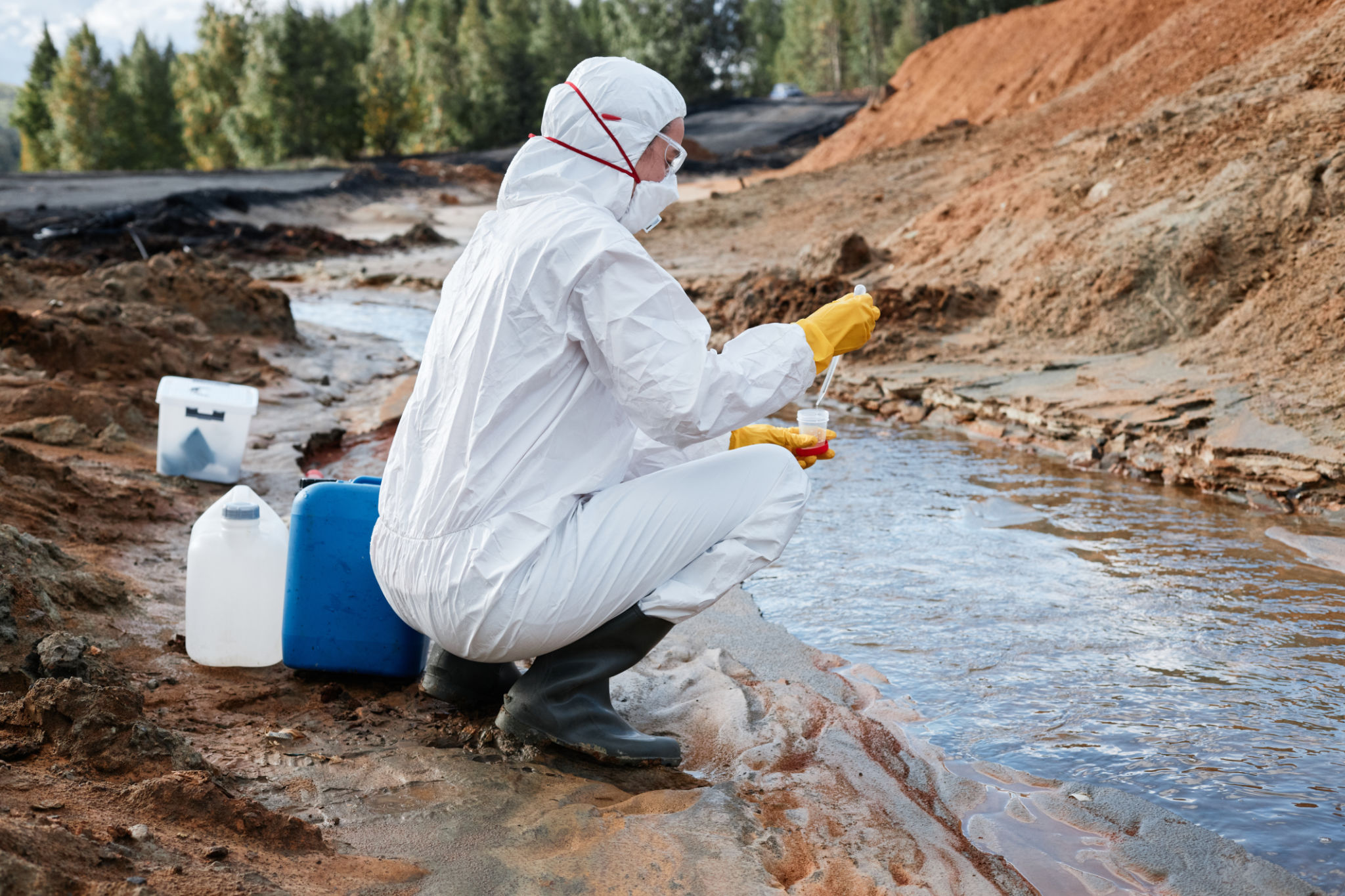How to Identify and Solve Common Cesspool Problems
Understanding Cesspool Basics
A cesspool, an underground container for the temporary storage of liquid waste and sewage, plays a crucial role in waste management for properties not connected to municipal sewer systems. Recognizing the signs of common cesspool problems is vital for maintaining a healthy property environment. Homeowners should be aware of these issues to ensure timely intervention and prevent more serious complications.

Common Cesspool Problems
Several problems can arise with cesspools, often stemming from poor maintenance or natural wear and tear. Here are some common issues:
- Clogging: Accumulation of solid waste can lead to blockages.
- Overflowing: When a cesspool is full, it may result in waste surfacing in your yard.
- Odors: Foul smells around the cesspool area indicate possible leaks or overflows.
- Sinkholes: Erosion around the cesspool can lead to ground instability.
Identifying Cesspool Issues
Identifying cesspool problems early can save time and money. Symptoms of cesspool issues include slow drainage, unusual sounds from plumbing, and wet areas around the cesspool site. Regular inspection by professionals can help catch these signs before they escalate.

Solutions to Cesspool Problems
Once a problem is identified, prompt action is essential. Here are some solutions to common cesspool issues:
Addressing Clogs
If you suspect a clog, the first step is to reduce water usage in your home. Professional pumping services can remove excess solids, ensuring the cesspool functions efficiently. Avoid using chemical drain cleaners as they can harm the system's balance.
Preventing Overflows
To prevent overflows, regular pumping based on your household size and water usage is necessary. Installing a high-level alarm can alert you to potential overflow situations, allowing for timely intervention.

Fixing Odor Issues
To tackle odor problems, ensure that all plumbing vents are clear and functioning correctly. If odors persist, a professional assessment may be necessary to check for underground leaks or other issues.
Maintaining a Healthy Cesspool System
Proper maintenance is key to avoiding frequent cesspool problems. Here are some tips to keep your system in good condition:
- Regular Inspections: Schedule professional inspections annually.
- Mindful Waste Disposal: Avoid flushing non-biodegradable items.
- Conserve Water: Minimize excess water use to reduce strain on the system.
By staying informed and proactive, you can keep your cesspool system running smoothly and avoid costly repairs. Remember, consulting with a professional when in doubt is always the best course of action.